Photographs: B Mathur/Reuters
As befits India's largest and most complex state, the UP assembly elections will be as transformative as a Lok Sabha election, says Mihir S Sharma
Unless you have been living under a rock for most of 2011 -- in which case we all envy you -- you will already know that the United Progressive Alliance has found itself unable to govern. It cannot pass legislation through the Rajya Sabha; ministries and departments are openly squabbling, and the prime minister seems unwilling to step in; even reform and clearances that don't require parliamentary approval are being held up.
Businesspeople are speaking out, former and serving officers are getting ready to sue the government, and a noisy minority in urban India thinks its living through an Arab Spring of its own.
It is quite extraordinary, therefore, that this government still has well over two years of its term to run. Something, clearly, has to give -- and, thus, Delhi is buzzing with rumours.
Here's one: everything is coordinated to push out Manmohan Singh: once Dr Singh is out, Rahul Gandhi or his nominee can step in, and then everything will naturally be OK. (It is an article of faith for some people that politics will run smoothly if a Gandhi is prime minister, a testament to the shortness of memory.)
'You will see new political coalitions'
Image: Trinamool Congress chief Mamata BanerjeePhotographs: Reuters
Rumours, of course, are precisely that -- the product of a capital's hot-house atmosphere, an unmanageable amalgam of wishful thinking and educated guesses. As frustration grows with a government unable to govern but which nevertheless doesn't seem to be going anywhere -- or saying anything.
Yet one person who has gone on record is the Minister of State for Parliamentary Affairs Rajiv Shukla, who said, "You will see new political coalitions and new allies of the United Progressive Alliance in the next session."
Has the UPA actually worked out that its coalition is unworkable as it stands? The theory is this: the increasingly unmanageable Trinamool will be deprived of its veto power after the Uttar Pradesh assembly elections, in which the Congress will perform well enough to make a deal with either the Samajwadi Party or the Bahujan Samaj Party.
If the Congress is indeed leaning towards reconstituting the UPA, then twice now in as many terms, the coalition it has formed after a triumphant election has dissolved in acrimony and stalemate.
Click on NEXT for more...
Congress did not stand up to the Trinamool
Image: Mamata Banerjee with Dr SinghPhotographs: Jayanta Shaw/Reuters
The lesson that the Congress didn't learn from its experience with the Left in UPA-I was about discovering where your allies' red lines are.
Every major policy initiative for five years might not be hammered out in the few hectic days after election results are in -- but it appears vital to agree on where policy cannot go. If, that is, your allies are rational and predictable.
If they are not -- and the Trinamool Congress apparently views rationality with suspicion, as inherently Marxist -- you need to ensure you always have sufficient bargaining power.
The Trinamool was relatively quiescent as long as it needed the Congress to help it sweep West Bengal. The origins of the Congress' troubles in the second half of 2011 is its cowardice in the first half, in which it did not stand up to the Trinamool and demand that it be allotted its fair share of winnable seats in south Bengal.
Click on NEXT for more...
Centre is left with coercion
Image: Finance Minister Pranab MukherjeePhotographs: B Mathur/Reuters
In effect, the defeat of the Left in West Bengal was Mamata Banerjee's victory alo#8800 she had the majority, she had the mandate -- and the UPA was in trouble.
And if you do not have numbers or the moral high ground on your side, you better have a cash surplus. From Naveen Patnaik in Orissa to J Jayalalithaa in Tamil Nadu, from Nitish Kumar in Bihar to Banerjee in Bengal, state leaders will demand their state be handed large sums of money.
If your back is to the fiscal wall, as Finance Minister Pranab Mukherjee's is, your state-level allies will get restive. The moral: for a comfortable coalition, don't over-spend at the Centre.
In the absence of either bargaining power or buying power, the Centre is left with coercion, and the continuing scandal that is a compliant Central Bureau of Investigation.
Click on NEXT for more...
An autonomous CBI will not happen
Image: Jagan Mohan ReddyIn Andhra Pradesh, Congress rebel Jagan Mohan Reddy, enmeshed in investigations, is now making conciliatory noises. Remember, in the Lokpal debate in Parliament, the moments of real righteous anger came from those in the Bahujan Samaj Party who rose to demand CBI independence.
Clearly, as long as central coalitions are shaky, a genuinely autonomous CBI won't happen.
The building and rebuilding of coalitions is the basic stuff of parliamentary politics. But the political headwind necessary to get one on your terms requires an election or two. UPA-I, circa 2009, had just won an election. UPA-II, circa 2012, has not. That is why the UP assembly elections are so important.
Click on NEXT for more...
UP assembly elections will be transformative
Image: The Parliament debates on the Lokpal billIf the Congress either does poorly or mismanages post-election negotiations with the BSP and the SP, the UPA will be even more hobbled. If the Congress pulls off both voting and dealing, then its alliance will, indeed, have retained its mandate.
That is why breast-beating about the "undemocratic" postponement of the Lokpal Bill to the Budget Session was patently silly. It isn't just that using rules to keep Bills alive is central to the tradition of Westminster-style democracy.
It's also that hoping that an election will confirm your ability to pass a law is pretty fundamental.
But if things don't go to plan, calls for a fresh general election will get even louder and more persuasive. As befits India's largest and most complex state, the UP assembly elections will be as transformative as a Lok Sabha election.
There is little doubt that the government in Delhi at the end of this year will not be exactly the same as the one we are stuck with entering it.

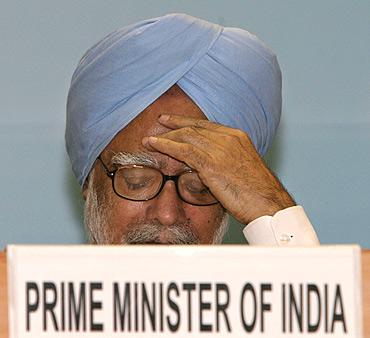
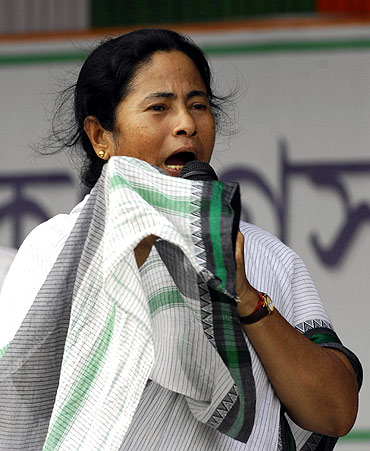
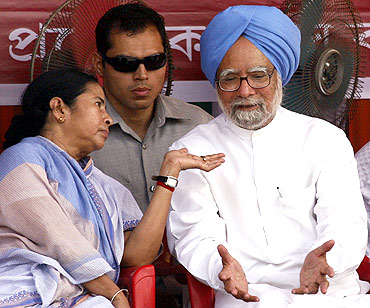
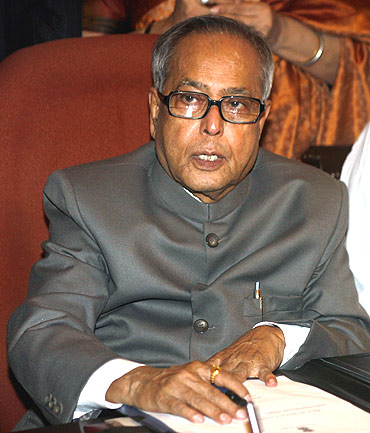
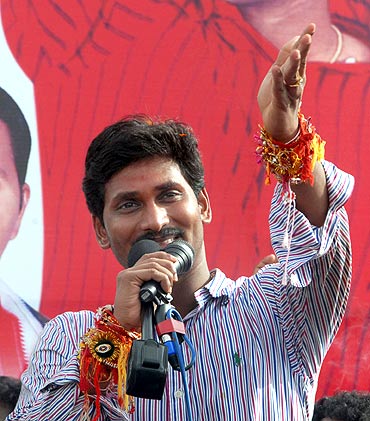


article